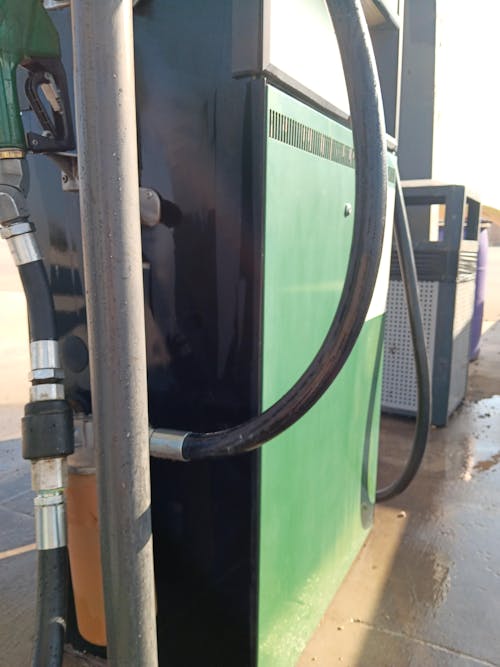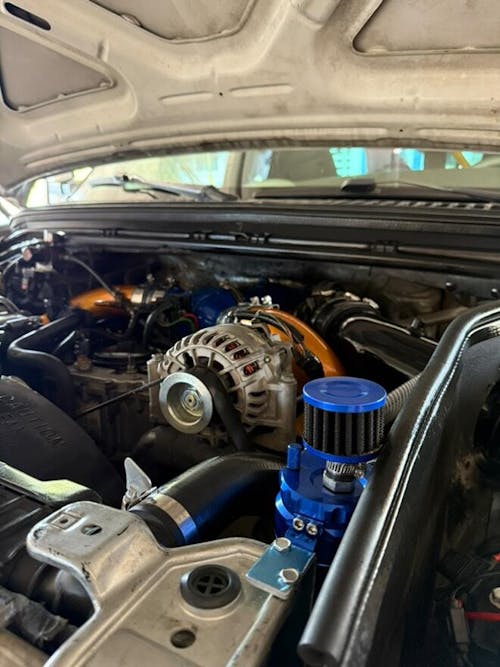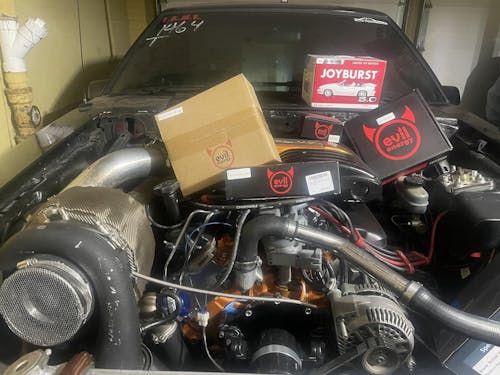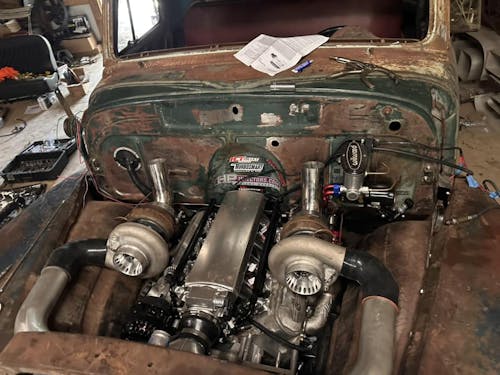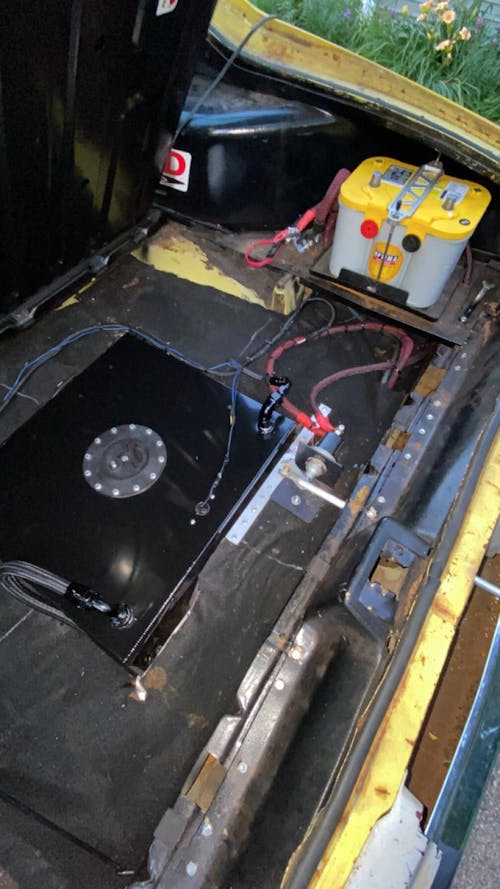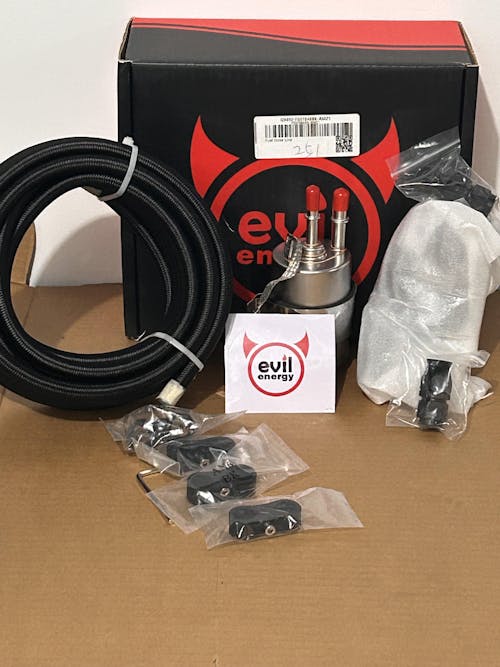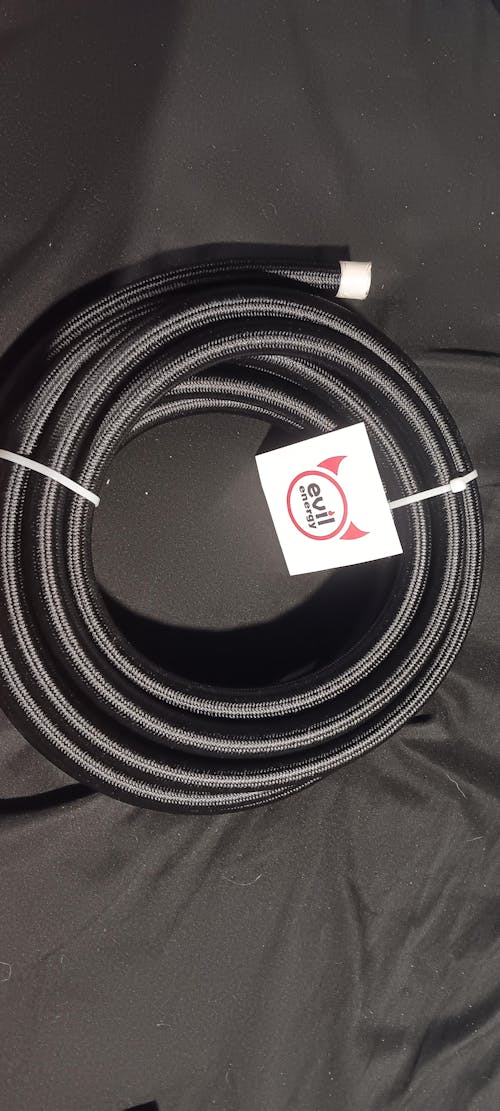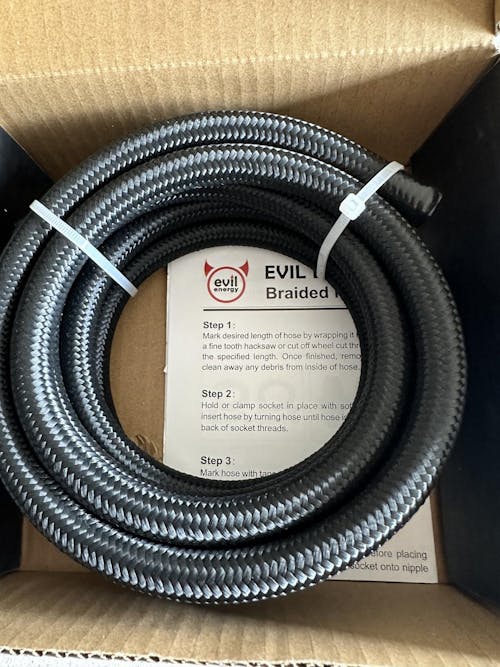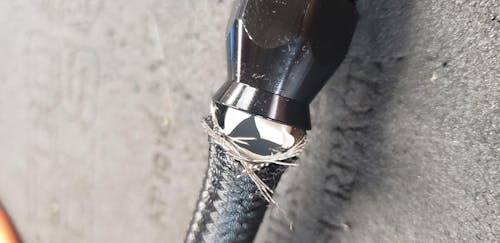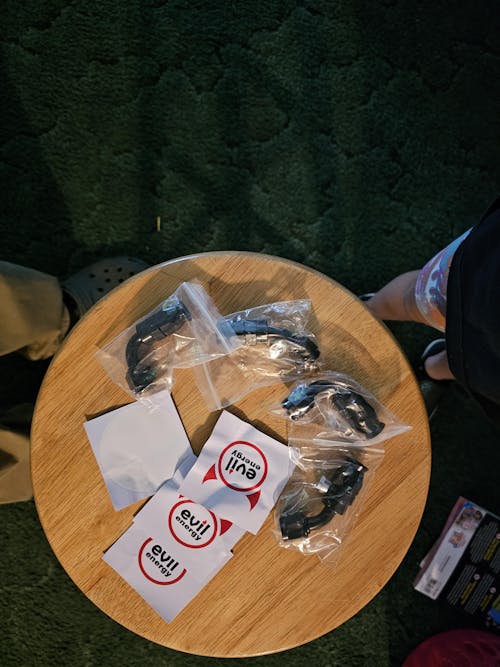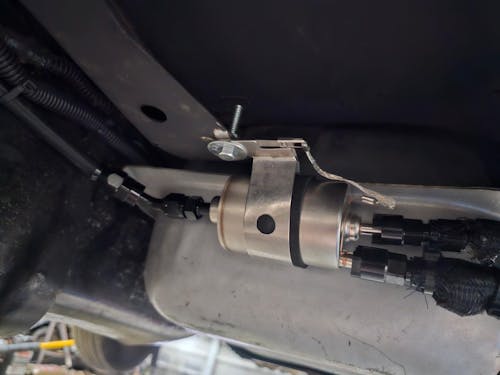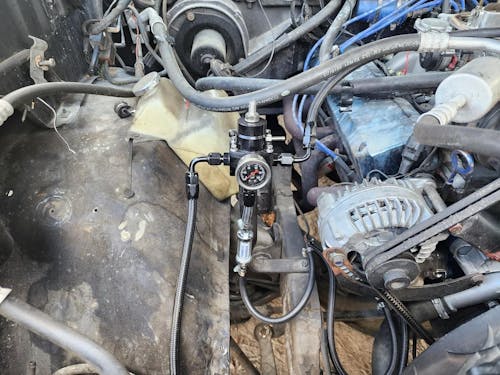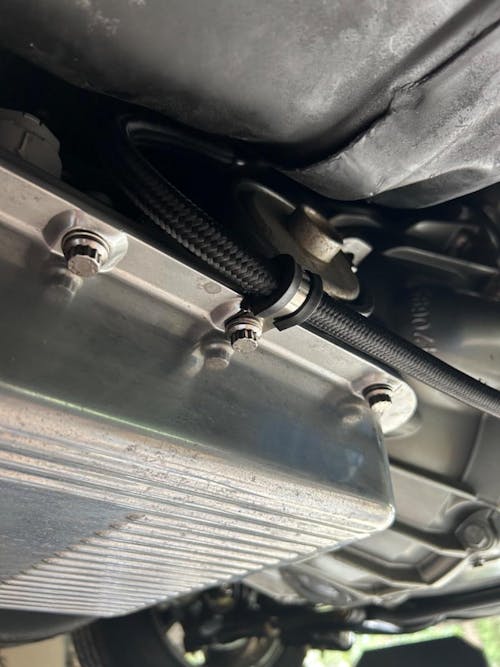How Long Does Heat Exhaustion Last
How Long Does Heat Exhaustion Last
Heat management in vehicles is critical to automotive maintenance, ensuring engines run efficiently and safely. Proper temperature regulation prevents overheating, which can lead to serious mechanical failures. Understanding and maintaining the right balance of cooling and heating ensures your vehicle performs at its best.
Detecting Heat Exhaustion in Vehicle Components
Spotting the early signs of heat exhaustion in your car's components is crucial for timely intervention. Overheating often reveals itself through symptoms like unusual engine noises, decreased performance, or a sudden increase in coolant temperature. Regularly checking for these signs can help you catch and address heat-related issues before they escalate.
An engine running hotter than usual is a red flag. This can be easily noticed by monitoring the temperature gauge on your dashboard. If it's consistently higher than normal, it's time to investigate.
Strange smells from the engine area are also telltale signs. A scent resembling burning rubber or hot oil indicates that components are operating at excessive temperatures.
Reduced engine power or efficiency is another indicator. When your car struggles to perform basic tasks or consumes more fuel, it's often because of overheating.
Physical signs on parts like hoses and belts can also guide you. Look for blisters, cracks, or other signs of heat damage during routine inspections.
Factors Affecting Duration of Heat Exhaustion in Vehicles
Several factors determine how long a vehicle's components, including evil energy fittings, will suffer from heat exhaustion. The type of material used in components plays a significant role. Metals dissipate heat differently, so a part's composition can affect its heat tolerance.
The vehicle's age and maintenance history also influence the duration of heat exhaustion. Older cars or those with a history of neglect may experience heat-related issues more quickly.
The size and type of the component matter, too. Larger parts can take longer to cool down, while smaller ones might overheat rapidly but also cool down just as quickly.
Environmental conditions are crucial. In hotter climates, components are more likely to overheat and suffer from prolonged heat exhaustion.
How you use your car also impacts the duration of heat issues. Frequent, intense driving can exacerbate heat buildup in engine components.
Strategies for Preventing Overheating in Cars
Regular maintenance is the first line of defense against overheating. This includes timely oil changes and coolant flushes, which help maintain optimal engine temperatures.
Choosing quality components is vital. Higher-quality parts, such as those made by evil energy, are often better designed to manage and withstand heat.
Proper coolant levels are essential. Always ensure your coolant is at the correct level and concentration, as it plays a key role in temperature regulation.
Monitoring your vehicle's temperature gauge can help catch overheating issues early. If you notice the temperature rising, it's time to look closer.
Parking in the shade or using car covers can reduce the ambient temperature around your vehicle, helping to keep it cool.
Upgrading to a high-performance radiator or adding auxiliary cooling systems can be a big help for vehicles in hot environments or for those used in demanding conditions.
Strategies for Preventing Overheating in Cars
Ensuring your vehicle's cooling system is in top shape is key. Regular checks of the radiator, water pump, and thermostat help catch problems early.
Using a high-quality coolant can make a significant difference. It's not just about quantity; the quality of your coolant affects how well it regulates engine temperature.
Evil energy exhaust systems are designed to handle high temperatures, making them a smart choice for effective heat management. They're built to endure extreme conditions, ensuring your exhaust system doesn't contribute to overheating.
Periodic cleaning of the cooling system helps, too. Over time, debris and dirt can accumulate, hampering the system's efficiency.
Inspecting and replacing worn-out hoses and belts is a must. These components are vital for maintaining proper coolant flow and preventing overheating.
Keeping an eye on the engine's oil level and quality is crucial. Oil plays a significant role in keeping the engine cool and lubricated.
If you're into modifications, consider aftermarket parts that enhance cooling. Performance radiators, upgraded hoses, and enhanced fans can offer better heat management.
Technical Insights into Heat Resistant Components
Understanding what makes some automotive parts more resistant to heat starts with their material composition. Components made with heat-resistant alloys or specialized coatings can withstand higher temperatures.
Design plays a crucial role, too. Parts designed with efficient heat dissipation in mind, like fins or vents, can manage heat more effectively.
Another key aspect is the thickness of the material. Thicker materials might take longer to heat up and could retain heat for extended periods.
Surface treatments such as ceramic coatings or heat-resistant paints add another layer of protection. They help reflect heat away from the component, reducing the overall temperature.
The integration of heat shields in certain areas is a smart design choice. These shields protect sensitive parts from extreme heat generated by the engine or exhaust system.
In cooling systems, the use of efficient radiators and coolants is fundamental. They work together to remove excess heat from the engine, keeping it running smoothly.
Components like heat-resistant gaskets and seals ensure a tight fit for exhaust systems, preventing heat leakage.
Bearings and bushings in high-heat areas are often made from materials like silicone or polyurethane, known for their heat resistance.
The airflow design around a component is crucial. Good airflow helps carry away heat, keeping the part at a manageable temperature.
Conclusion
Effective heat management is vital for the longevity and performance of your vehicle. Paying close attention to heating and cooling systems ensures that your car runs efficiently, preventing the risk of damage caused by excessive heat. Consistent monitoring and maintenance of these systems are essential to avoid unexpected breakdowns and costly repairs, keeping your vehicle reliable and safe on the road.


![EVIL ENERGY 4/6/8/10AN PTFE Fuel Line Kit | E85 Nylon Braided Hose | 16/20FT Black Black with Comprehensive Fittings [20FT]](http://www.ievilenergy.com/cdn/shop/files/Test-2025-Evilenergy-125598065_165x.png?v=1742144807)
![ptfe hose fitting kit [16FT]](http://www.ievilenergy.com/cdn/shop/files/Test-2025-Evilenergy-125598171_165x.png?v=1742144807)
![CPE Fuel Line[25FT]](http://www.ievilenergy.com/cdn/shop/files/25FTCPE_FuelLine_165x.png?v=1735220649)
![CPE Fuel Line[20FT]](http://www.ievilenergy.com/cdn/shop/files/20FTCPE_FuelLine_165x.png?v=1735220649)

